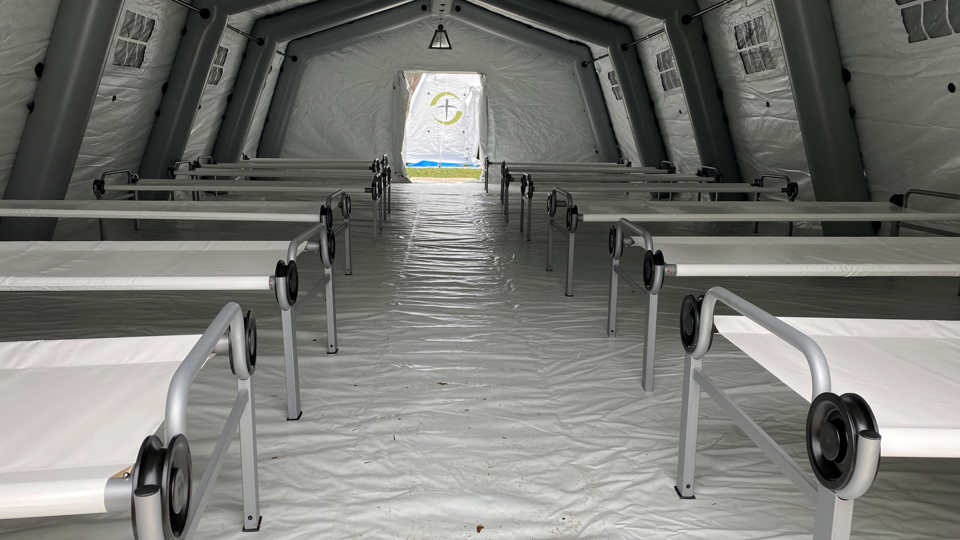UNLIMITED
An Ethicist on How to Make Impossible Decisions

Tents are now strewn across Manhattan’s Central Park—a field hospitals in the literal sense—that resemble the convalescence wards of the 1918 flu pandemic. They sit a stone’s throw from some of the world’s most expensive real estate. Not to mention some of the world’s most luxurious brick-and-mortar hospitals.
In these tents, on the cots that sit less than six feet apart, it is expected that millionaires will lie beside people without a penny to their names. Care will be allocated based on where it can be the most useful and do the most good.
This is not a type of health care that most Americans are accustomed to. But already, rationing is upon us.
If you are one of the 7.6 million people in New York City, you are advised by city officials to stay home until you become short of breath. Typically, this is a sign of being on the brink of a critical illness. It means a respiratory infection has spread into the lower airways, and it could quickly progress to the point of needing supplemental oxygen or intubation and mechanical ventilation. But, at this point, medical care—prior to the point of becoming short of breath—must be rationed. Clinics and emergency departments cannot currently handle being filled with people who, sick as they may be, do not yet clearly require hospitalization.
New York, like other states, does not yet have enough hospital beds, masks, or diagnostic tests for the coronavirus to accommodate all who might need one. Certain rationing decisions are already being made, including which surgeries can be considered “elective” and canceled, and which cannot.
Perhaps most ominously to the thousands of New Yorkers at home wondering just how short of breath is “short of breath,” we also do not have enough ventilators. By Governor Andrew Cuomo’s estimate, the state will need around 30,000 in coming months. We have about 5,000. Some new ventilators are being made, but this cannot happen quickly enough to meet that sort of demand.
You’re reading a preview, subscribe to read more.
Start your free 30 days